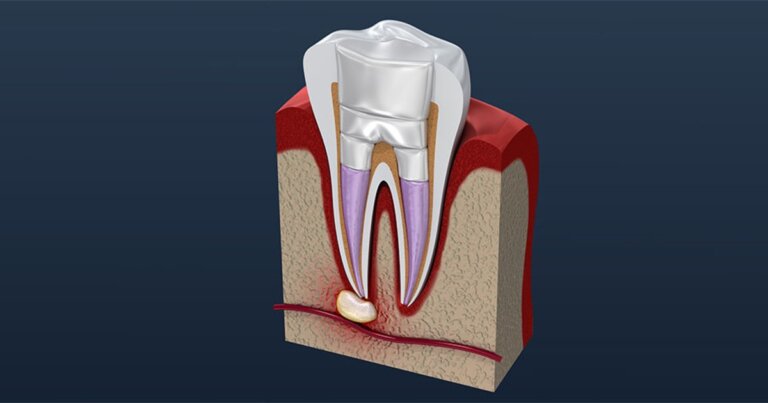Root Canal Treatment Post-Operative Instructions

What You Should Do After Root Canal Treatment For A Successful Recovery
Undergoing a Root Canal Treatment is an effective way to save a painful, infected tooth. However, proper aftercare is essential to ensure successful healing and minimize discomfort following your procedure. Following your root canal treatment, it’s vital to follow these instructions carefully to ensure a smooth recovery.
Food and Drink
Immediately following your root canal procedure, your tooth will be fragile. Avoid placing heavy biting pressure on the treated tooth until a permanent dental restoration, like a crown or filling, is placed.
- Soft foods: Opt for a soft diet, such as scrambled eggs, mashed potatoes, smoothies, yogurt, soft rice, and porridge. If you feel comfortable, you may eat regular foods on the other side of the mouth.
- Avoid hard, crunchy foods: These can put excessive pressure on the treated tooth and potentially cause it to crack before it is fully restored.
Oral Hygiene
Maintaining good oral hygiene is crucial for your recovery. You can continue brushing and flossing, but be mindful of the treated area.
- Brush at least twice a day: Brushing helps remove plaque and food particles from your teeth, especially around the treated area. Ensure you’re using a soft-bristled toothbrush to avoid irritation.
- Floss daily: Flossing removes debris that brushing might miss, preventing plaque build-up.
- Water flossing: Consider using a water flosser to clean between teeth and around the treated tooth. Water flossing is especially effective at dislodging food particles that can contribute to bacterial buildup.
- Use fluoride mouthwash: A fluoride mouthwash can help reduce the risk of cavities around your treated tooth. It also helps freshen your breath.
Pain Control
While some discomfort or mild pain is expected after root canal treatment, the pain is typically manageable with the following steps:
- Over-the-counter pain relievers: Ibuprofen (Advil) or acetaminophen (Tylenol) can help manage any pain. Consult your dentist for the appropriate dosage.
- Follow-up care: If you experience significant pain beyond a few days or unusual symptoms like swelling, contact your dentist immediately.
Numbness
After the procedure, you may still feel numb due to the local anesthesia. This is normal and will subside within 2-3 hours. Be cautious not to bite your lip, cheek, or tongue while the numbness persists, as this can lead to injury.
Managing Jaw Discomfort
It’s common to experience difficulty opening your jaw or jaw muscle soreness after a root canal treatment due to the local anesthetic injections. This condition, known as “myogenic trismus,” can cause temporary jaw pain or limited jaw movement.
- Management: Use warm compresses on the affected side and take over-the-counter pain relievers to alleviate discomfort. If you’re concerned, contact your dentist for further advice.
Medications
- Follow your prescribed medications: Take any regular medications as directed by your doctor unless your dentist provides alternative instructions.
- Antibiotics: If prescribed, make sure to complete the full course of antibiotics to prevent infection. If symptoms worsen after a few days, or if you have difficulty breathing or swallowing, seek medical help immediately.
Need Help or Have Questions?
If you experience unusual symptoms or have concerns during your recovery, don’t hesitate to contact us. We’re here to guide you through your recovery process and ensure that your root canal treatment is a success.

